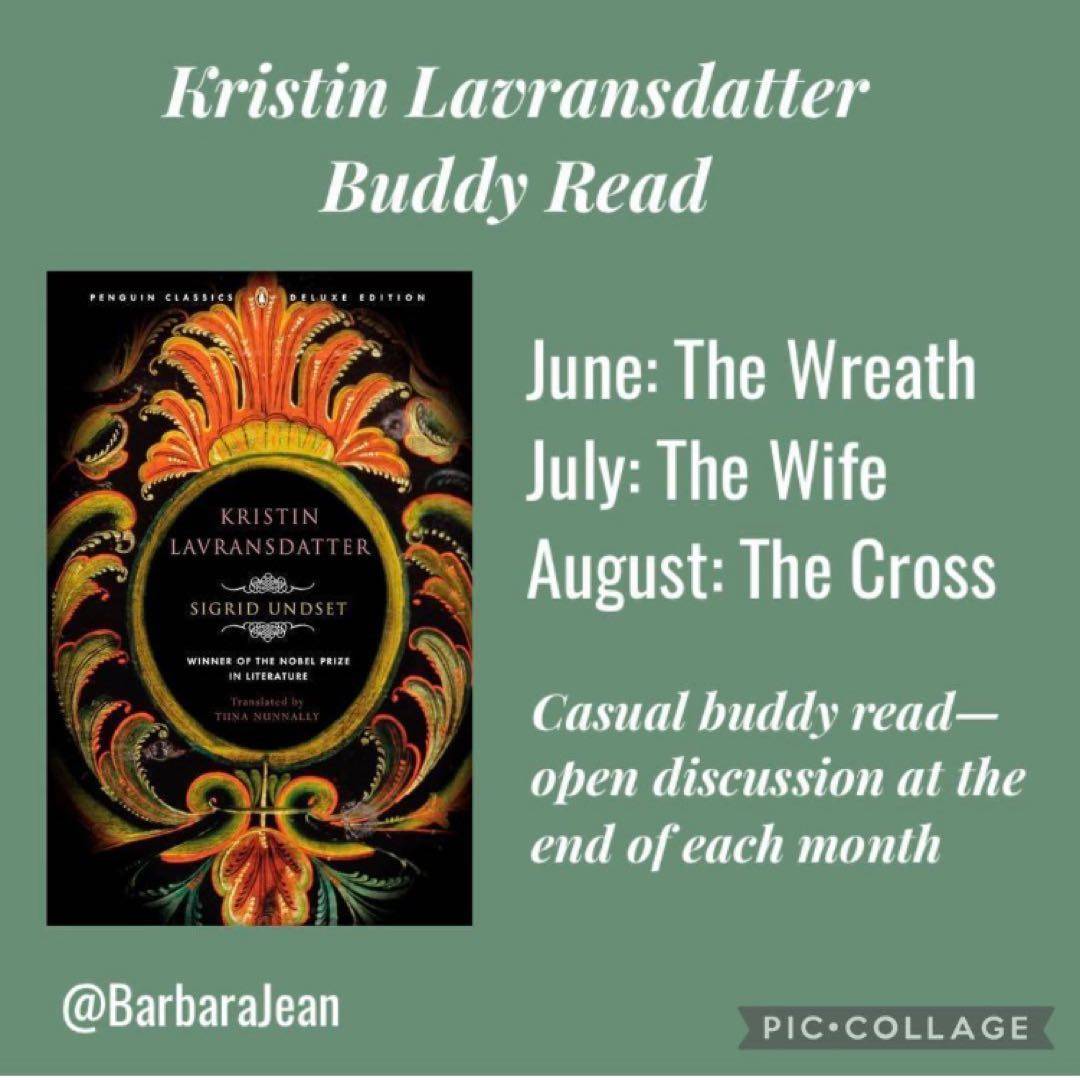
I‘m so glad I came across this readalong with @BarbaraJean !
I already read The Wreath, so I‘ll pick up with July‘s book of The Wife!

I‘m so glad I came across this readalong with @BarbaraJean !
I already read The Wreath, so I‘ll pick up with July‘s book of The Wife!
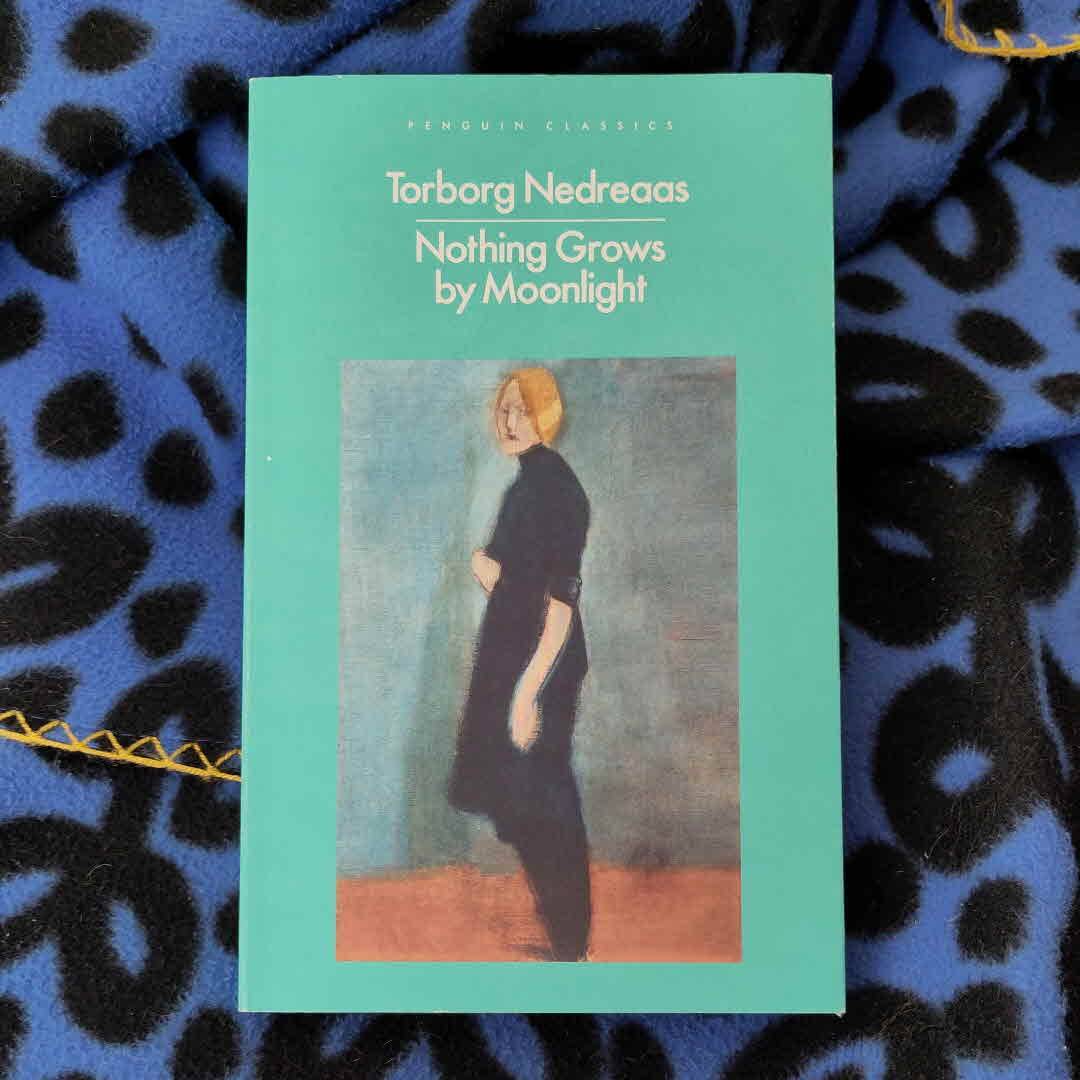
The book's title is suggestive of the half life the narrator lives, bound by an obsessional love to an older man utterly unworthy of her devotion, & trapped by the hypocritical mores of patriarchal religious values.
80 years since publication, Nedreaas's exploration of "pro-life" misogynistic shaming of pregnancy & abortion that also punishes unmarried mothers and stigmatises and willfully neglects their children is, sadly, still relevant. ⬇️

“If you can smile today, maybe you can laugh tomorrow.”
This thought of the main character sounds hopeful - it is hopeful - I fear it is likely to be unfulfilled.
While reading I'm listening to Norwegian composer/pianist Ketil Bjørnstad's album "The Nest", which hits the right note of melancholy and light ??
#BooksAndMusic
? https://youtube.com/playlist?list=OLAK5uy_noyS9yFqEsSrN8V5wQxVHcnlOIUZ9FDE8&si=i...
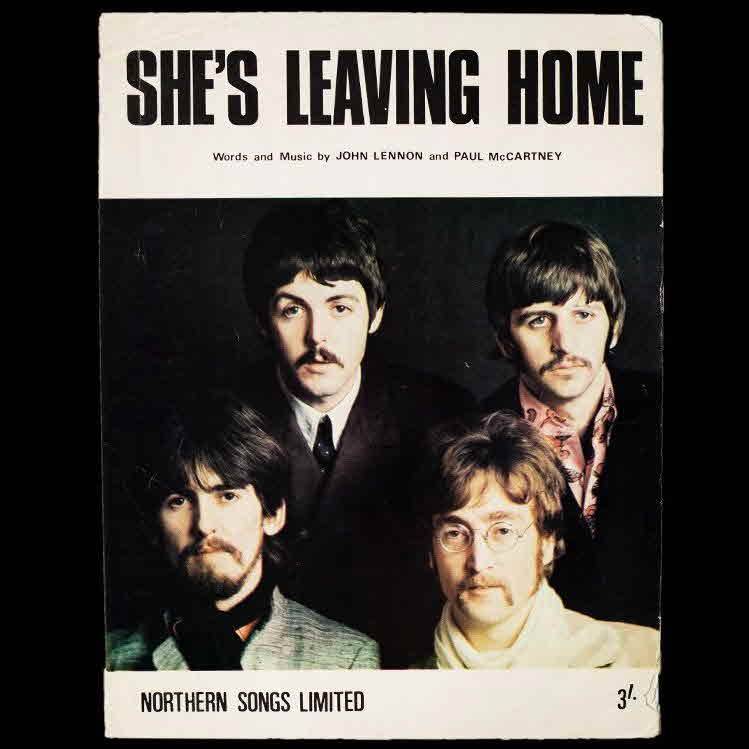
#TuesdayTunes @TieDyeDude
The episode in Nedreaas's "Nothing Grows by Moonlight" where the unnamed narrator recalls the day she left home to escape a stultifying life for the self-deluding fantasy of a happy life with a lover who insists on the secrecy of their assignations, while not entirely matching the lyrics of "She's Leaving Home", is close enough that the one reminded me of the other. And any excuse to listen to this song is a good one ?
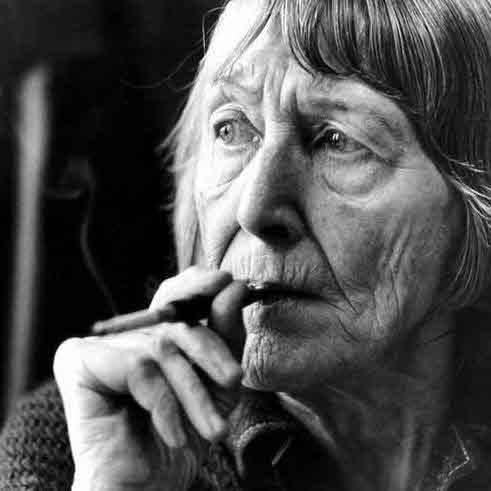
“The world has been built crookedly with some kind of arrangement that makes lots of people into hunted animals and a few people so swimmingly well off they can't understand why everybody else isn't happy for them and willing to be beaten to death for their purpose.”
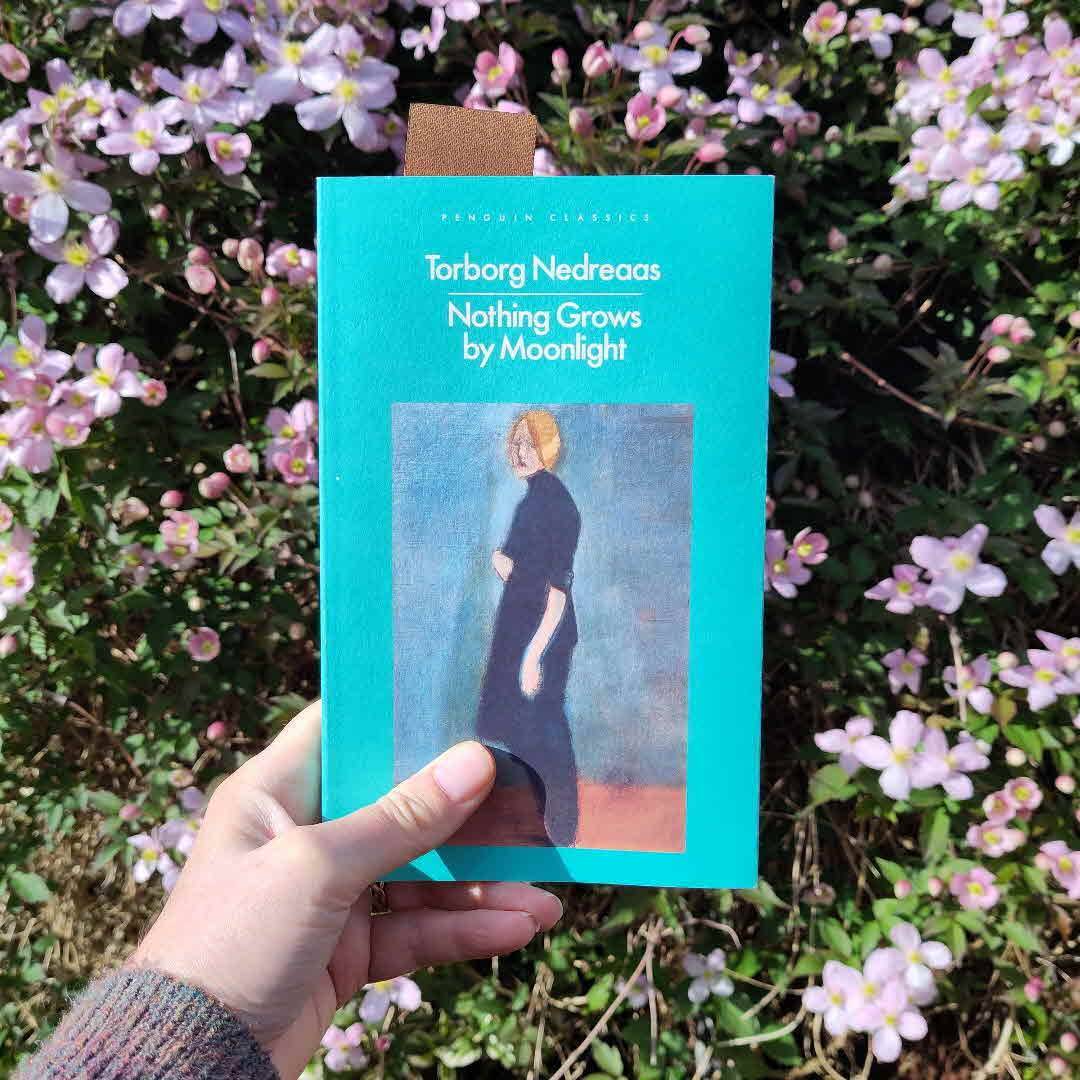
The rain has stopped for what looks like long enough for me to walk to the shops without getting wet.
Each spring is signalled & beautified by this clematis in our front garden that (miracle!) I've managed to not kill
This 1947 Swedish novel, however, has none of the joys of spring. A woman looks back on an affair she had with her former school teacher, and given her adverse coping mechanisms at the point of narration, it's not going to end well!
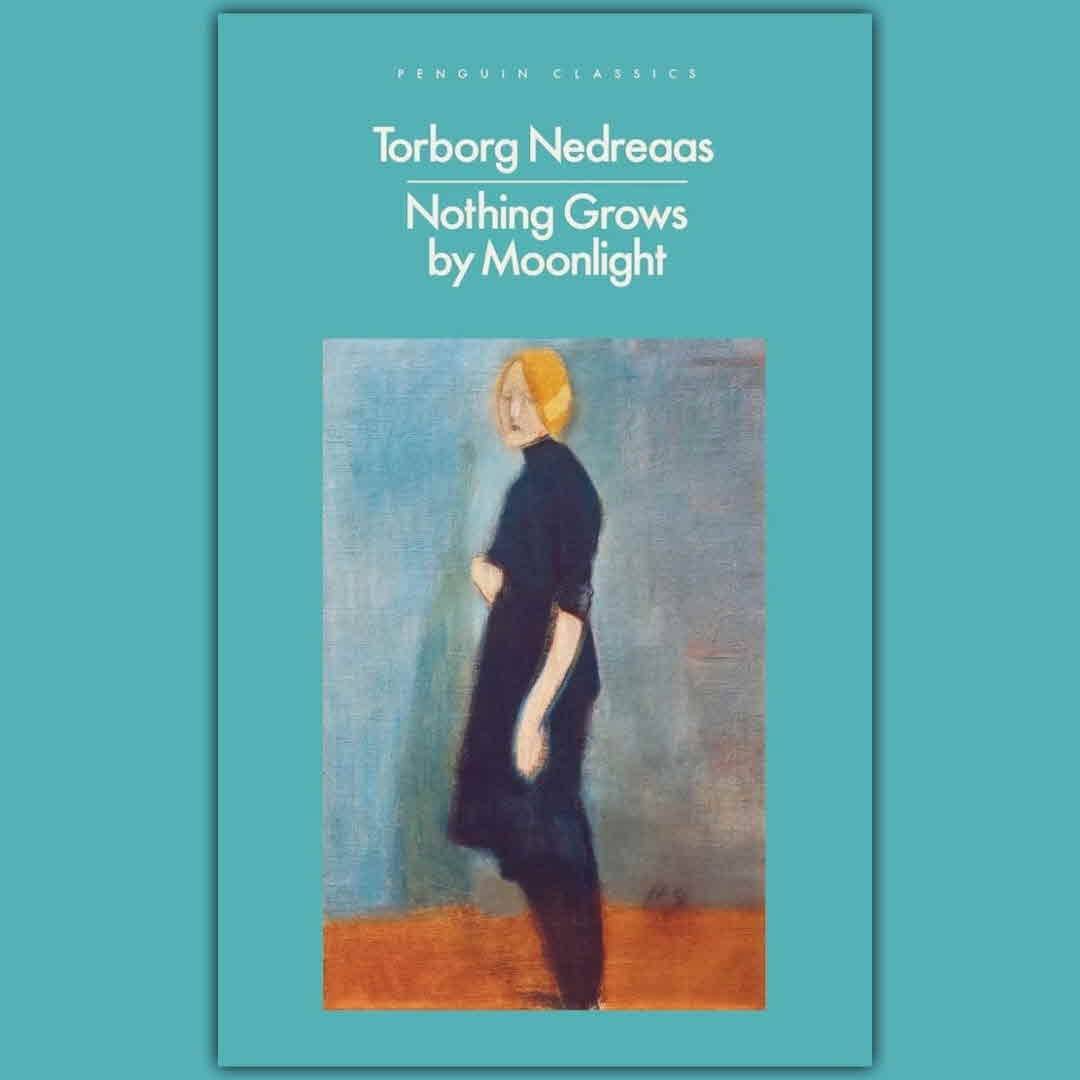
"I am looking for someone."
#FirstLineFridays @ShyBookOwl
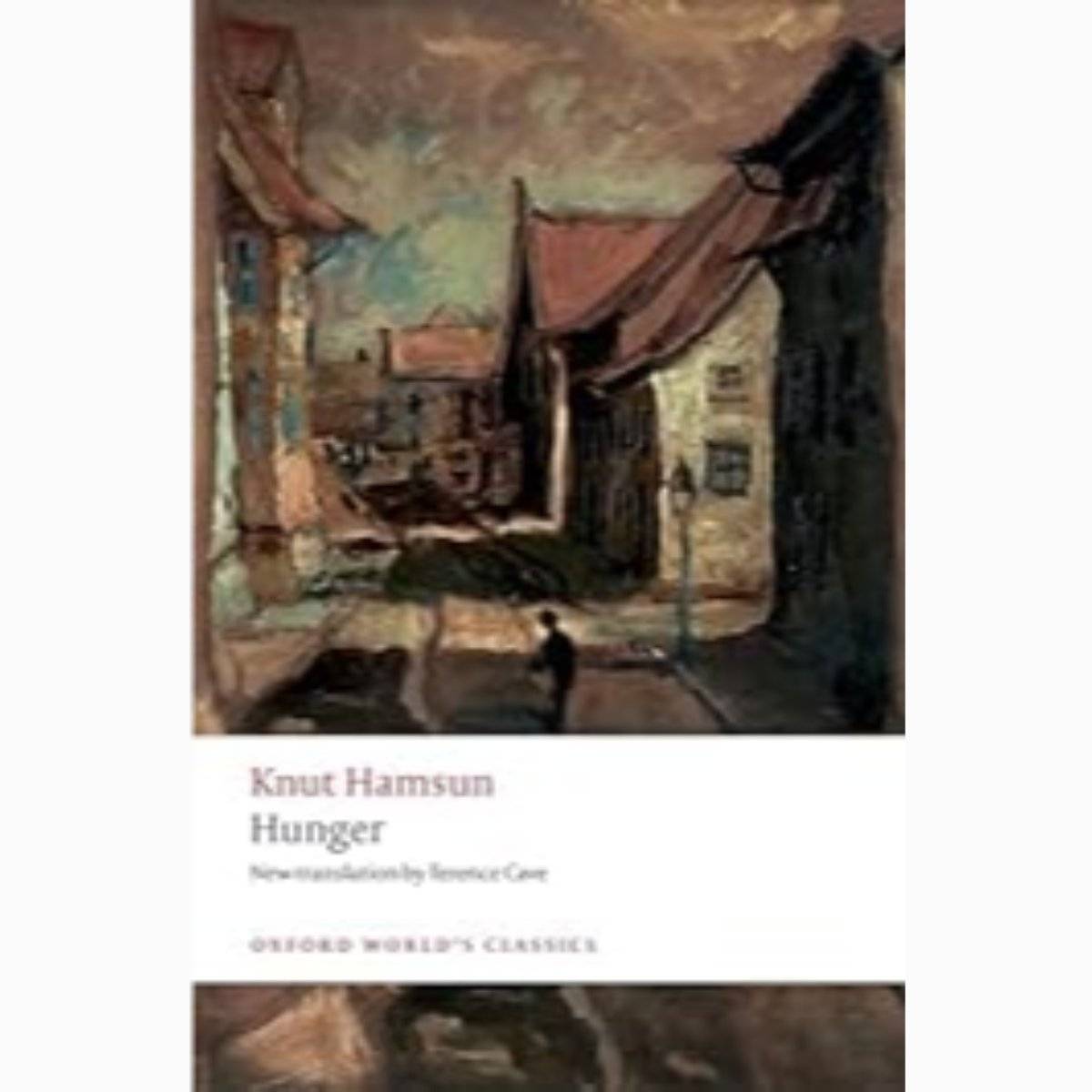
An unnamed narrator wanders the streets of 1880s Kristiana (Oslo) as an impoverished freelance writer suffering hallucinations and physical and mental weakness while on the verge of starving to death.
Personally, I would have given up long before I got to that stage, but that may explain why the author won the Nobel Prize for Literature and I didn't.